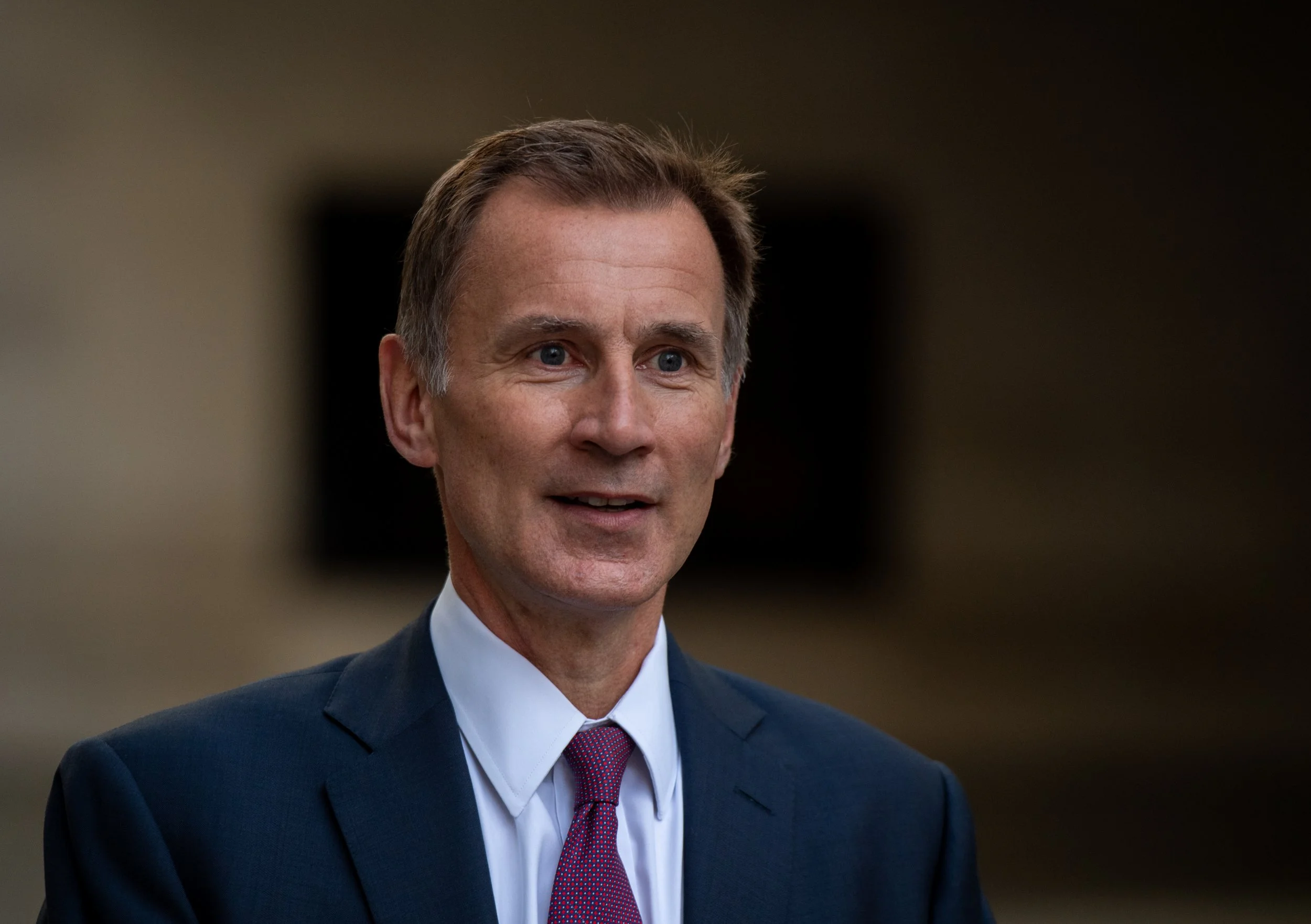The government has confirmed it is reversing the majority of the tax changes announced in the mini-Budget last month.
In an emergency statement brought forward by two weeks, Chancellor Jeremy Hunt said that “almost all” tax measures announced on 23 September that have not already started the parliamentary process are to be reversed.
The Chancellor has scrapped the plans to cut the basic rate of income tax from 20p to 19p from April next year, saying it is “not right” to borrow to fund this tax cut. The rate will remain indefinitely at 20p until economic circumstances allow it to be cut, he added.
Hunt said the decisions on taxes announced in his statement, which will be further outlined in the House of Commons later today, have been “designed to provide confidence and stability”.
This includes reversals to planned cuts to dividend tax rates, IR35 tax changes, VAT-free shopping for tourists and alcohol duty changes.
However, some changes from the mini-Budget are to still proceed, including the proposed changes to stamp duty, which will still see the stamp duty threshold rise from £125,000 to £250,000, and from £300,000 to £425,000 for first-time buyers.
Hunt became the UK’s fourth Chancellor this year on Friday, following Kwasi Kwarteng’s sacking earlier in the day.
Kwarteng’s mini-Budget, which pledged £45bn of tax cuts, had sparked turmoil across financial markets, causing a spike in mortgage rates and soaring government borrowing costs. It also led to several emergency interventions from the Bank of England.
Hunt is expected to address MPs in the House of Commons at 15.30pm today.
Latest News
-
Metro Bank hits record growth in corporate and commercial lending
-
Intermediary confidence softens slightly in Q4 – IMLA
-
Record flows drive Quilter’s AUMA to £141bn
-
8.6 million savings accounts exposed to tax
-
Mortgage lending rises 16% in 2025 – UK Finance
-
Nationwide doubles households who can benefit from 0% green home borrowing
Mortgage Advice Bureau and AI in the mortgage sector
Chief executive officer at Mortgage Advice Bureau, Peter Brodnicki, and founder and managing director at Heron Financial, Matt Coulson, joined content editor Dan McGrath to discuss how Mortgage Advice Bureau is using artificial intelligence to make advancements in the mortgage industry, the limitations of this technology and what 2026 will hold for the market
Perenna and the long-term fixed mortgage market

Content editor, Dan McGrath, spoke to head of product, proposition and distribution at Perenna, John Davison, to explore the long-term fixed mortgage market, the role that Perenna plays in this sector and the impact of the recent Autumn Budget
NEW BUILD IN FOCUS - NEW EPISODE OF THE MORTGAGE INSIDER PODCAST, OUT NOW

Figures from the National House-Building Council saw Q1 2025 register a 36% increase in new homes built across the UK compared with the same period last year, representing a striking development for the first-time buyer market. But with the higher cost of building, ongoing planning challenges and new and changing regulations, how sustainable is this growth? And what does it mean for brokers?
Does the North-South divide still exist in the UK housing market?

What do the most expensive parts of the country reveal about shifting demand? And why is the Manchester housing market now outperforming many southern counterparts?
In this episode of the Barclays Mortgage Insider Podcast, host Phil Spencer is joined by Lucian Cook, Head of Research at Savills, and Ross Jones, founder of Home Financial and Evolve Commercial Finance, to explore how regional trends are redefining the UK housing, mortgage and buy-to-let markets.
In this episode of the Barclays Mortgage Insider Podcast, host Phil Spencer is joined by Lucian Cook, Head of Research at Savills, and Ross Jones, founder of Home Financial and Evolve Commercial Finance, to explore how regional trends are redefining the UK housing, mortgage and buy-to-let markets.
© 2019 Perspective Publishing Privacy & Cookies









Recent Stories